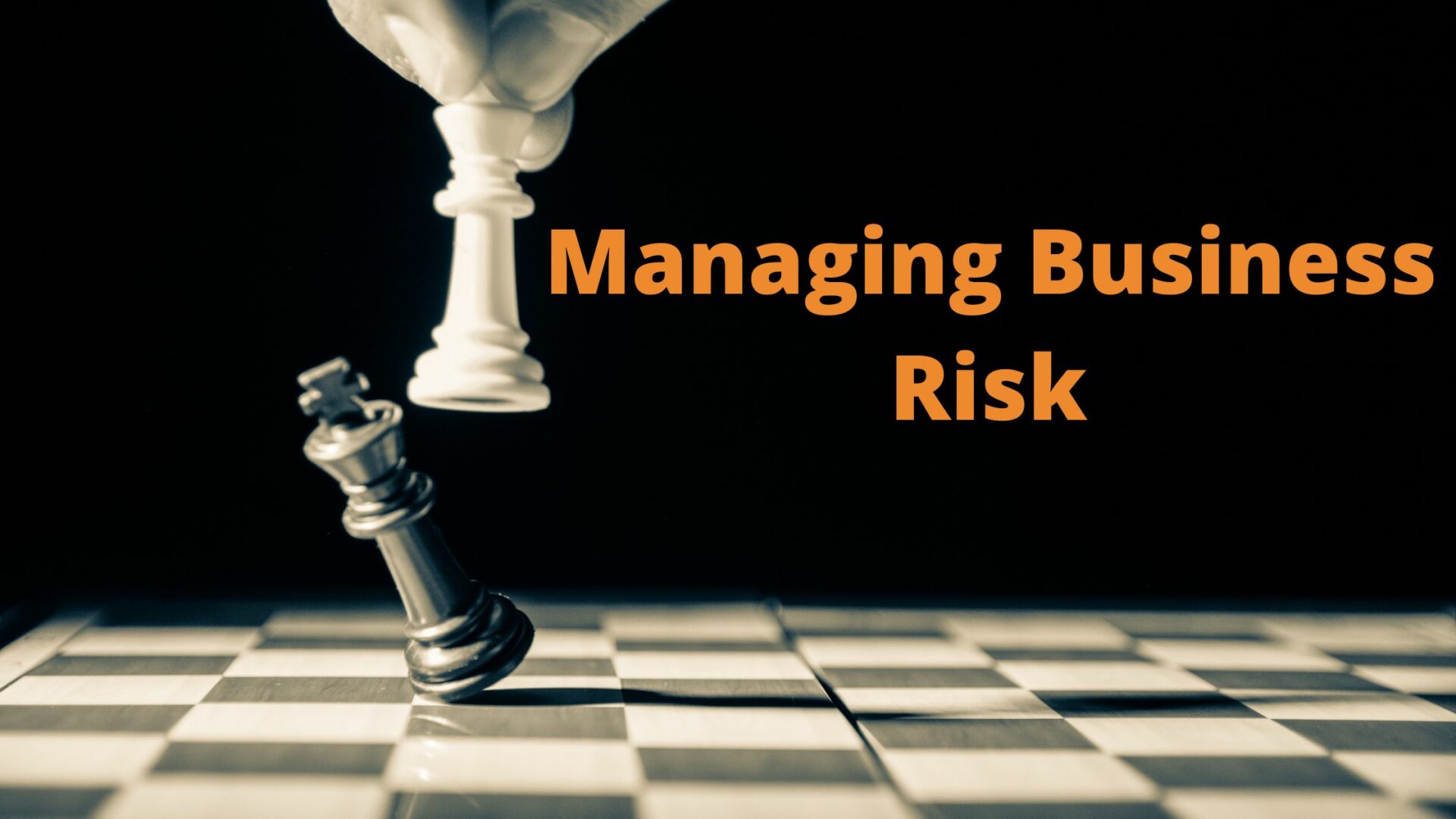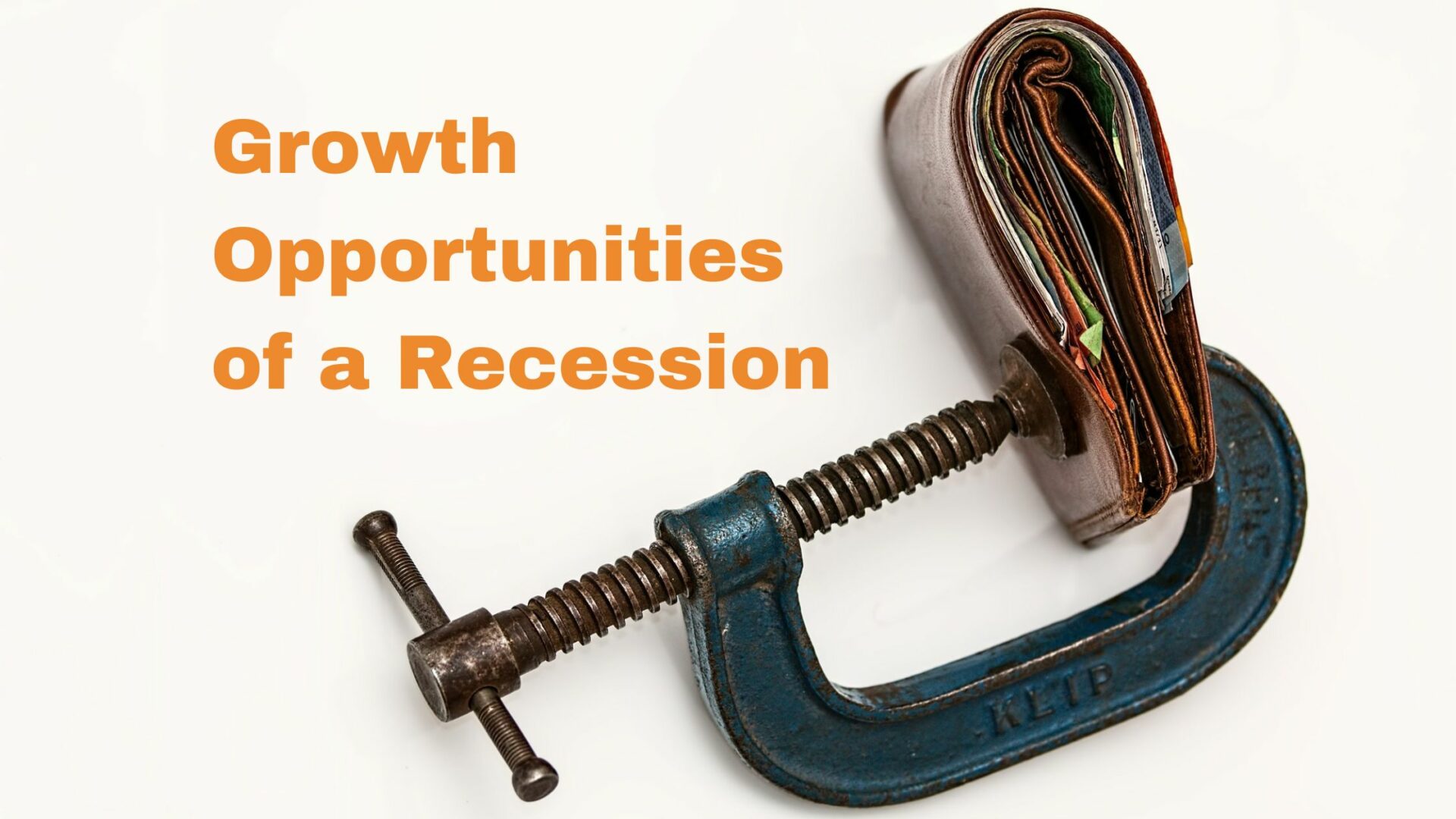Understanding the power of why is so important! Whether you inherit a company from someone else, are appointed the new CEO, or build your brand from the ground up, the content of your company will take up a lot of your focus.
When we talk about content, we’re referring to all of the activity that goes on within the business; in other words, your processes. From revenue to internal cost structures, if you let it, the content can take up 100% of your time.
But do you think Steve Jobs was focused on the ins and outs of accounting when he was setting up Apple? No, definitely not.
His focus was on the context – the core beliefs at the heart of the business.
Steve Jobs was focused on creating innovative technology that would change the way humans share information forever. It was no easy task, that’s for sure. But he was unequivocal on the core beliefs and made sure that everyone who worked alongside him knew and believed in them too. By creating a strong and universal context, he drove business success almost with ease.
To discover your context, you need to first understand the power of why
How, What, and the All-Important “Why”
All CEOs and businesses understand the “how” at the heart of their company. This refers to what they do, including manufacturing, delivery, admin and all of those everyday tasks essential to keeping the business up and running.
Most businesses even understand the “what” of their company, though not always in-depth. This is the rocket fuel that drives their business forward and the key factors that cause customers to shop with them beyond their products.
But not many businesses ever move beyond that to understand the “why”. That’s a real shame because this is exactly where the power of your company lies.
Why the “Power of Why” Is So Important
When you think of the businesses known globally – the super successful, household name brands that only the top talent can even get an interview for – they understand their “why”. More than that, we understand their “why”!
Let’s get back to looking at Steve Jobs and Apple. Apple is one of the most successful companies currently in existence, and its simple logo is one of the most well-recognized around the globe. Apple knows why it exists right to its core, and it spent a tremendous amount of time ensuring all of its staff do too. Their “why” is also clearly distinct from their “what”.
Creating and selling computers is “what” Apple does. Challenging the status quo of technology and communication whilst creating innovative solutions to everyday problems is their “why”. Their whole team, from their developers to their sales staff, knows that.
You only have to step into an Apple store and ask a question to see how passionate and motivated the staff there are. They don’t just work there, they believe in Apple, and that is entirely because of the clear “why”.
A complete contrast to Apple is Dell. Their “what” is very similar, and they understand it well, but they haven’t got a clear “why” at all. This means that when a customer buys a Dell computer, they focus on logical “what” factors, like price and comparative performance. They’re not buying into the brand, which stifles brand loyalty and growth.
Apple, on the other hand, have some of the most loyal customers of any business. They’ll buy computers, phones, tablets, music, and pretty much anything that Apple adds to their large ecosystem of products and services.
Money doesn’t factor into these purchases in the same way as it does with Dell, either. Apple fans will willingly pay higher prices for their products compared to other brands because it’s Apple. This puts the company in a brilliant position with healthy margins and a huge valuation.
All of this is entirely down to Apple’s clear focus on their “why”. Their customers are paying for beliefs and company values over the actual benefits of the product.
It’s Not Just About the Consumer
It’s not just consumers who buy into the “why”, but staff, too. Even if they have a comfortable, well-paying job, if there’s another with a strong “why” that aligns with their vision, they might move.
Employees want to work with clear intent and context, and they want to believe in what they do.
This can even push factors like salary lower down in the list of priorities. If employees can see more potential job satisfaction because of the “why”, they might be happier to work for less. For small and medium businesses, this is a considerable advantage to tap into, allowing you to hire the right people even if you can’t offer the salaries that larger brands can.
The “What” is Still Important
Just because the “why” is vital doesn’t mean the “what” isn’t important. We know that the effectiveness, quality, and price-point of what you supply and how you go about doing that is still essential.
Rational purchases are still widespread. The point isn’t to overlook the “what”, but to remember not to forget the “power of why”. However, some evidence shows why most people will choose to buy something based on their values – the “why” – over the benefits – the “what”. In simple terms, every human brain is a map of evolutionary development.
The limbic system, or the core of our brain, is where our feelings are sorted and decisions are made. This area was formed before even the development of language and rational thinking.
The outer layers of the brain are where rational thought occurs, far away from the area of feelings and decisions. So, it makes sense that our choices are more centred around our feelings than rational thinking. It’s just how our brains are wired.
Of course, this is a bare-bones explanation, and every brain works a little differently. But, it does give business owners insight into why their company beliefs are essential and why they need their brand to evoke emotions.
Your values can build relationships with both staff and consumers, far more than sales and bonuses can. It creates a company that’s fun to work with, is multi-dimensional, and should lead you towards plenty of growth.
Uncover Your “Why” With Our Growth Consultant Company
By now, you should have a clear understanding of why “why” is important in business. But, what’s next? If you’re looking to grow your business with “the power of why”, get in touch with our growth coach team, and we’ll help you find your values and drive sales.





